
Making Friends Post Pandemic
I’ll be honest, making friends as an adult is HARD, doesn’t matter if you are in your teens or an older adult. During the pandemic, making friends was even harder. As kids, it may have been easier to make friends because we may have been around other people in school, after school activities and even sports. As we get older, making friends gets more difficult. We are consumed by our daily lives which may include working all day, home chores and even parenting. We may even move to a new city or the friends that we have are settling into a new lifestyle, perhaps marriage and kids. During the pandemic, we were all in our homes, which didn’t allow us to socialize with others either. Fast forward to 2023 and you may be finding it hard to connect and make friends. I’ll tell you this, YOU ARE NOT ALONE. This is something that many of us have dealt with or are currently dealing with, we just don’t talk about it as much. As someone who knows many people, but has few friends, I have struggled with this as well. How do we make friends as adults though?
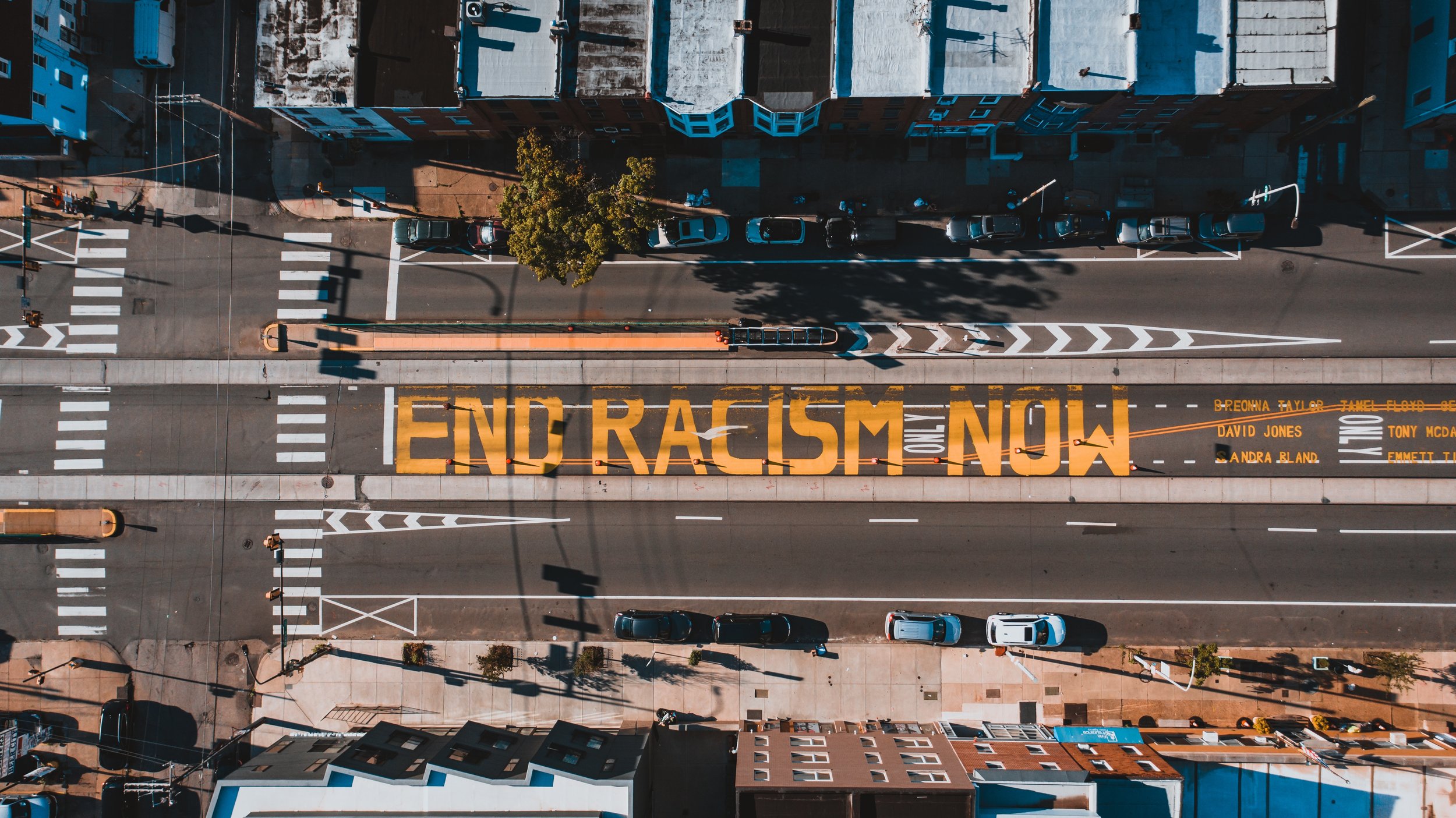
Addressing Racial Bullying
Bullying and harassment of students of color in K-12 schools is a form of racial trauma and is an ongoing issue that warrants our attention. Bullying is a broad phenomenon and experience; however, racial bullying is very distinct and has unique outcomes for individuals of color—especially adolescents. What are the impacts of racial trauma? Racism, discrimination, microaggressions and other forms of hate (physical and non-physical) are linked to negative mental health outcomes such as depression, anxiety, and post traumatic stress disorder (PTSD). Additionally, these experiences may lead to feelings or isolation, and invisibility for students of color. Not feeling heard or seen.

A Story To Help You Reprogram Your Body
As soon as we began to ask the BODY what it was feeling, she started to say that the body felt “heavy,” and she started making motions as if the weight was on her shoulders. Words are very important to DECODING. We found out that my client had been sending messages to her body, conscious and subconscious, telling it to be strong enough to carry the WEIGHT of life: emotions and heavy responsibilities she continued to have with her medical career and family discord. As you may know by now, everything is connected: mind, body, and spirit. Your body listens. Look out for the messages you are sending your body. Look out for these particular words: LIFE IS HEAVY. I HAVE SO MUCH ON MY SHOULDERS.
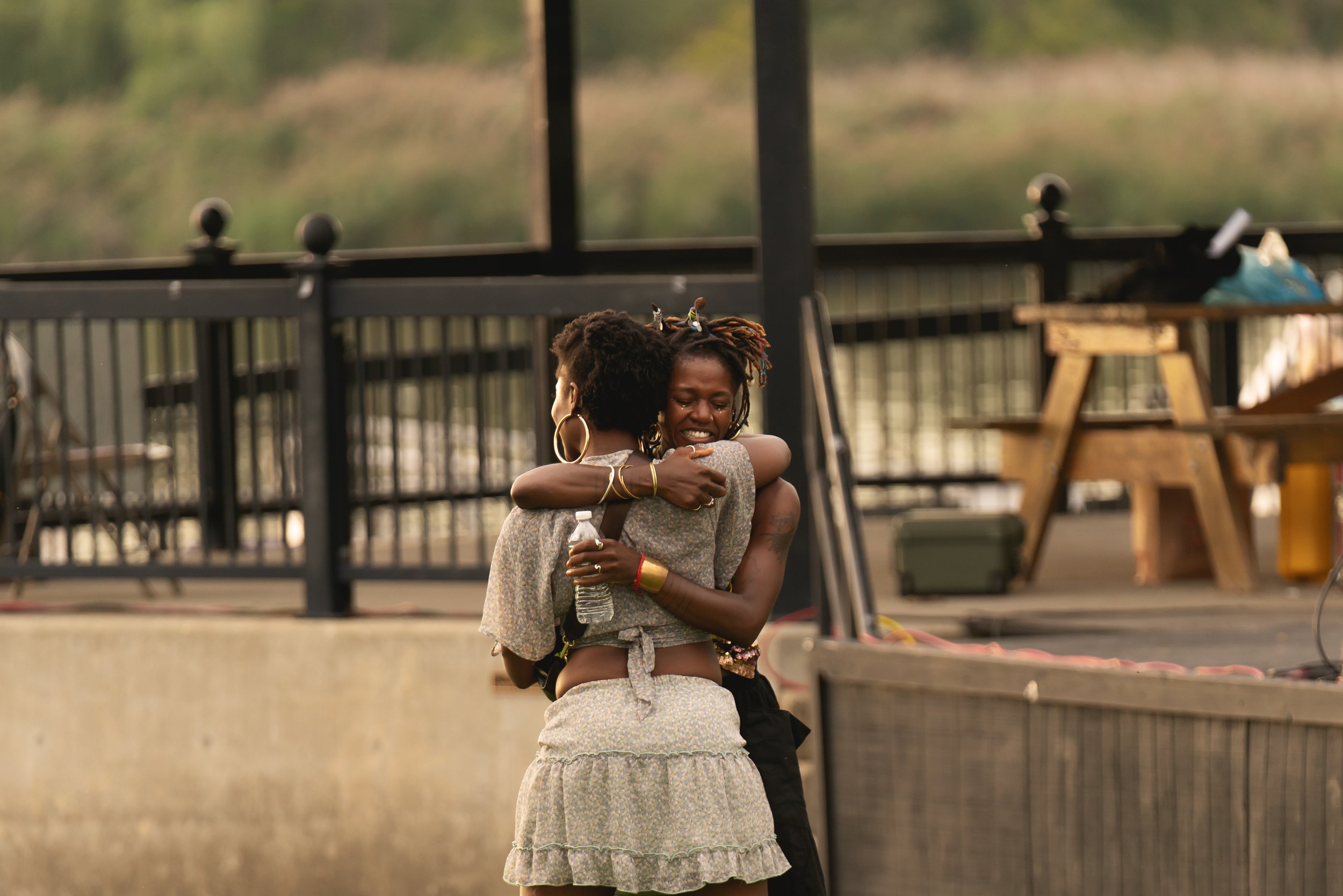
Should?
Should is a set-up for self-blame and a barrier to being gentle and kind with ourselves. Instead of framing our daily activities and troubles with shoulds and should nots, experiment to see what happens if you make a subtle mental shift to “something I am doing” and “something I am not doing” or “something I haven’t done yet.”
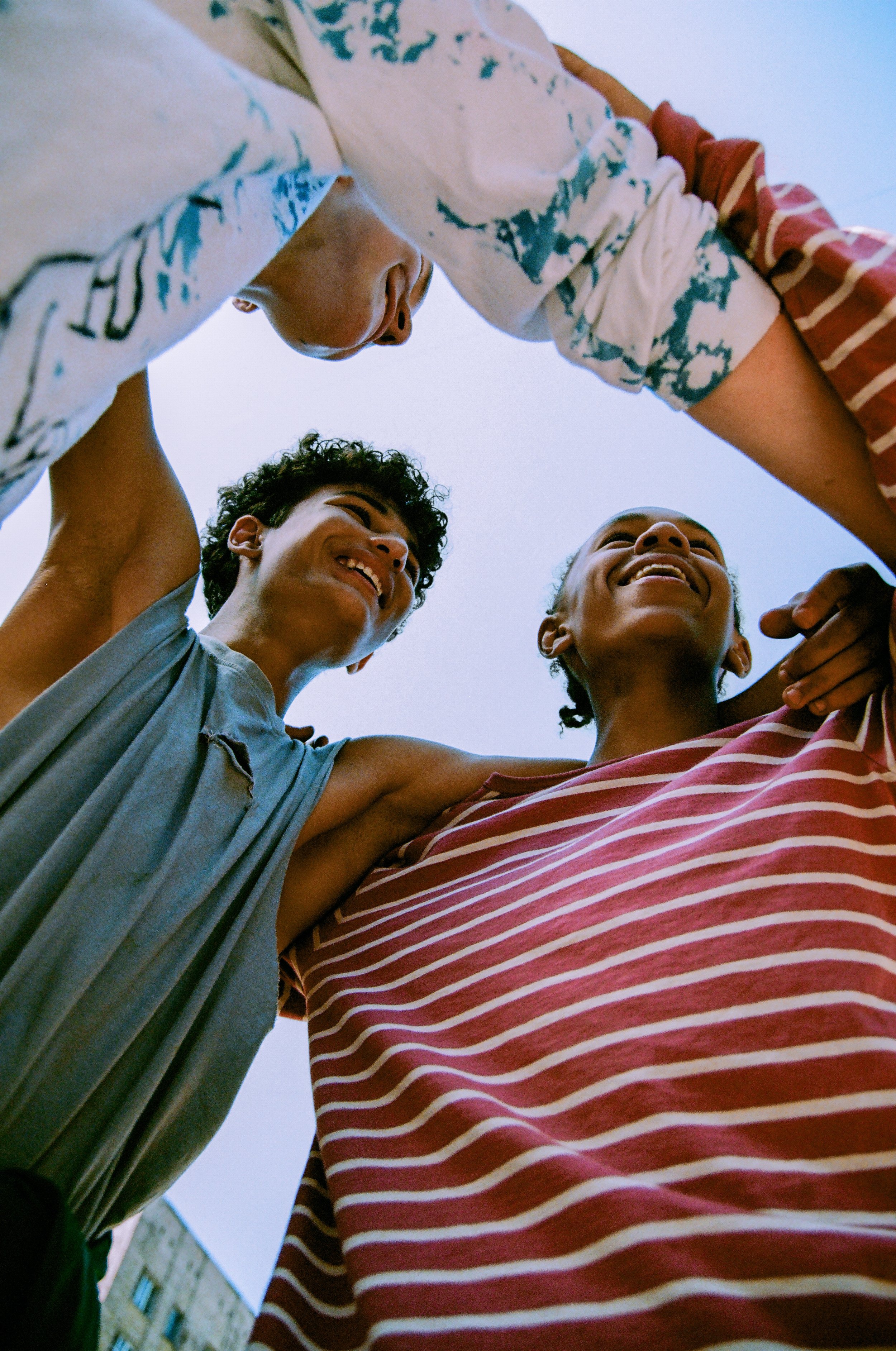
You and Your Body Go Together
Somatic therapy is a form of body-oriented therapy that explores the relationship between the body, brain and behavior. It is a process of discovery through feeling and discovering the innermost parts of ourselves. The goal of somatic therapy is to release trauma and stress which has been stored in our bodies, by shifting away from our survival instincts and toward a sense of ease in the body.
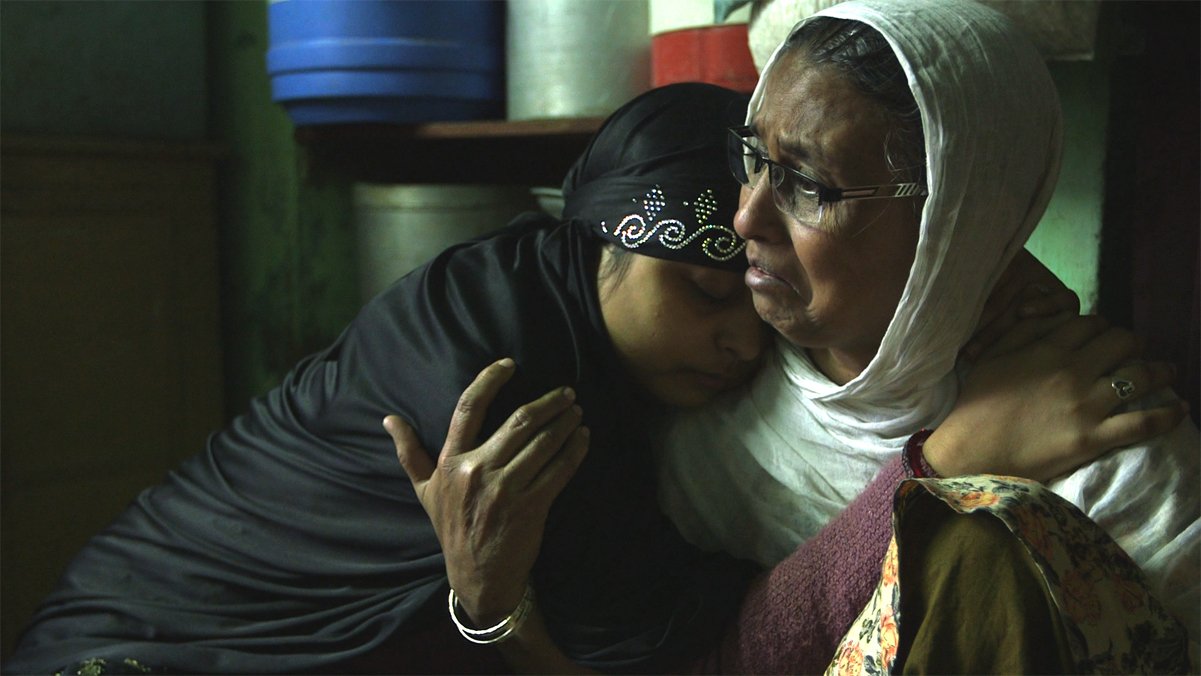
Engaging Compassion
Some clinical methodologies and modalities are designed to support privileged concepts of “normalcy” and/or “adaptation” that can have little to do with the reality of people’s lived experiences. However, a liberated approach to talk therapy does not separate the individual from the systemic and structural issues one faces. Therapeutic conversations from this approach creates multiple access points for healing by acknowledging a both/and to outside forces and personal agency.

Meaning Making and Untangling Our Core Beliefs
We all need safety, connection, meaning, autonomy, peace and more. We do what we can to meet these needs. Before we have the cognitive ability to understand situations in nuanced ways, we interpret information in ways that are developmentally appropriate for children. Without interference, we may unconsciously carry the thoughts and behavior that we learned from childhood into adulthood in more sophisticated ways.

Anxiety as an Ally
The holiday season often triggers anxiety around issues like spending time with family members who say or do hurtful things and maintaining healthy boundaries around eating or drinking. This year, many people have additional worries about contracting and/or spreading COVID-19 during their holiday celebrations, which may feel especially heightened after nearly two years of living in a pandemic. (Not to mention the other systemic concerns that we might also feel anxious about.)

Five Books to Help You Cope with Divorce
Here are five reads that will make you laugh, fill you with rage, uplift your mood, and possibly give you much-needed perspective, as you cope with divorce.

The Guilt of Mothering Solo, an Uneasy Burden
Solo Moms try to do as many things “right” as possible, but there is no such thing as perfection. When it comes to motherhood, trial and error is part of the deal.

Your Child’s Ethnicity Is Different from Yours
Multiethnic families are extremely common—they are as old as the United States itself and are widespread around the world. This recognition of diversity can mean that people are beginning to acknowledge their cultural heritage—and ethnicity, as well.
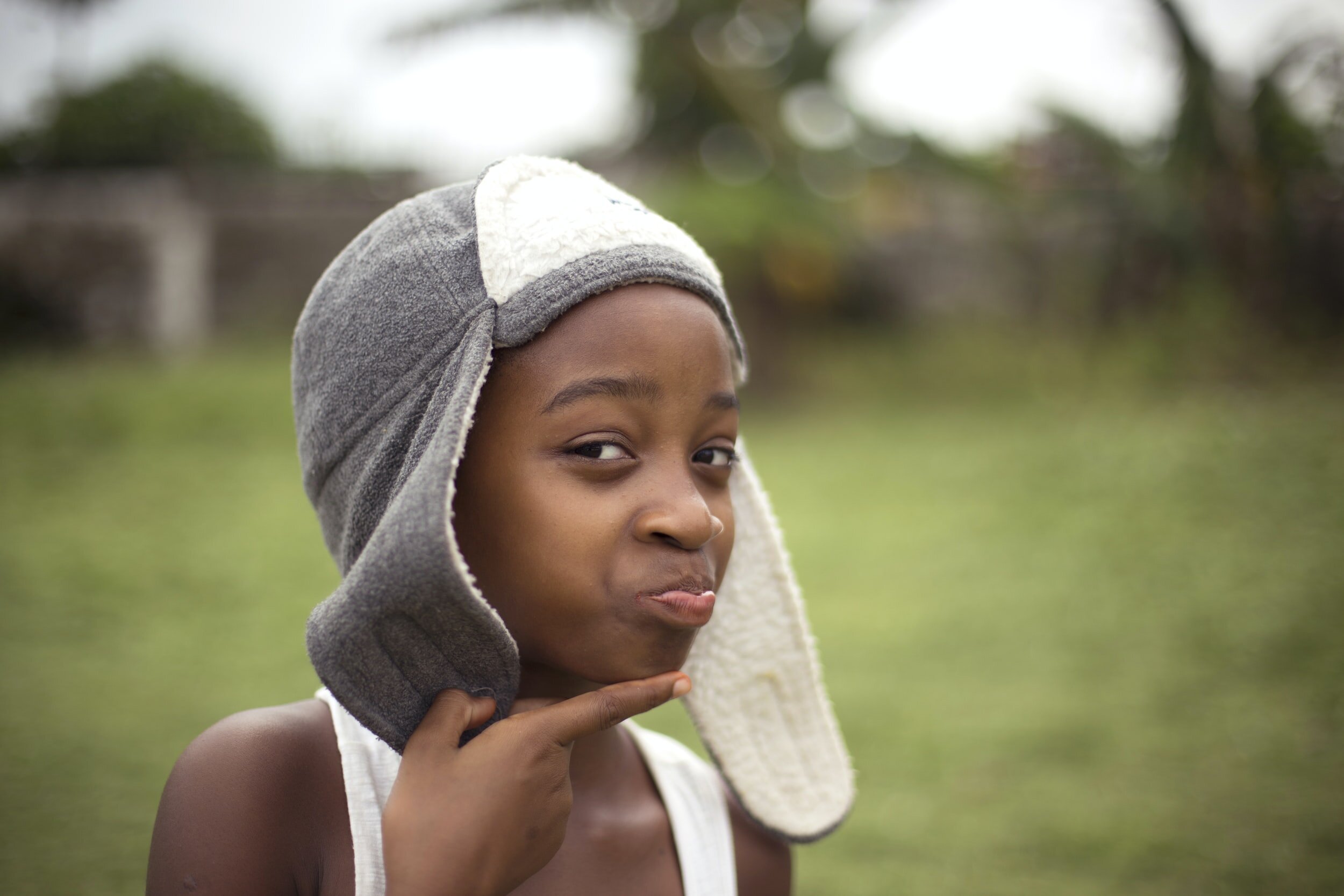
Raising Young Black Sons as a Solo Mother
Little Brother is a 10-chapter documentary film series and interactive media project that features one-on-one conversations with black boys as young as nine years old. This is great documentary for Solo Moms of young black boys, educators, and anyone interested in what young, black, male children are thinking about.
